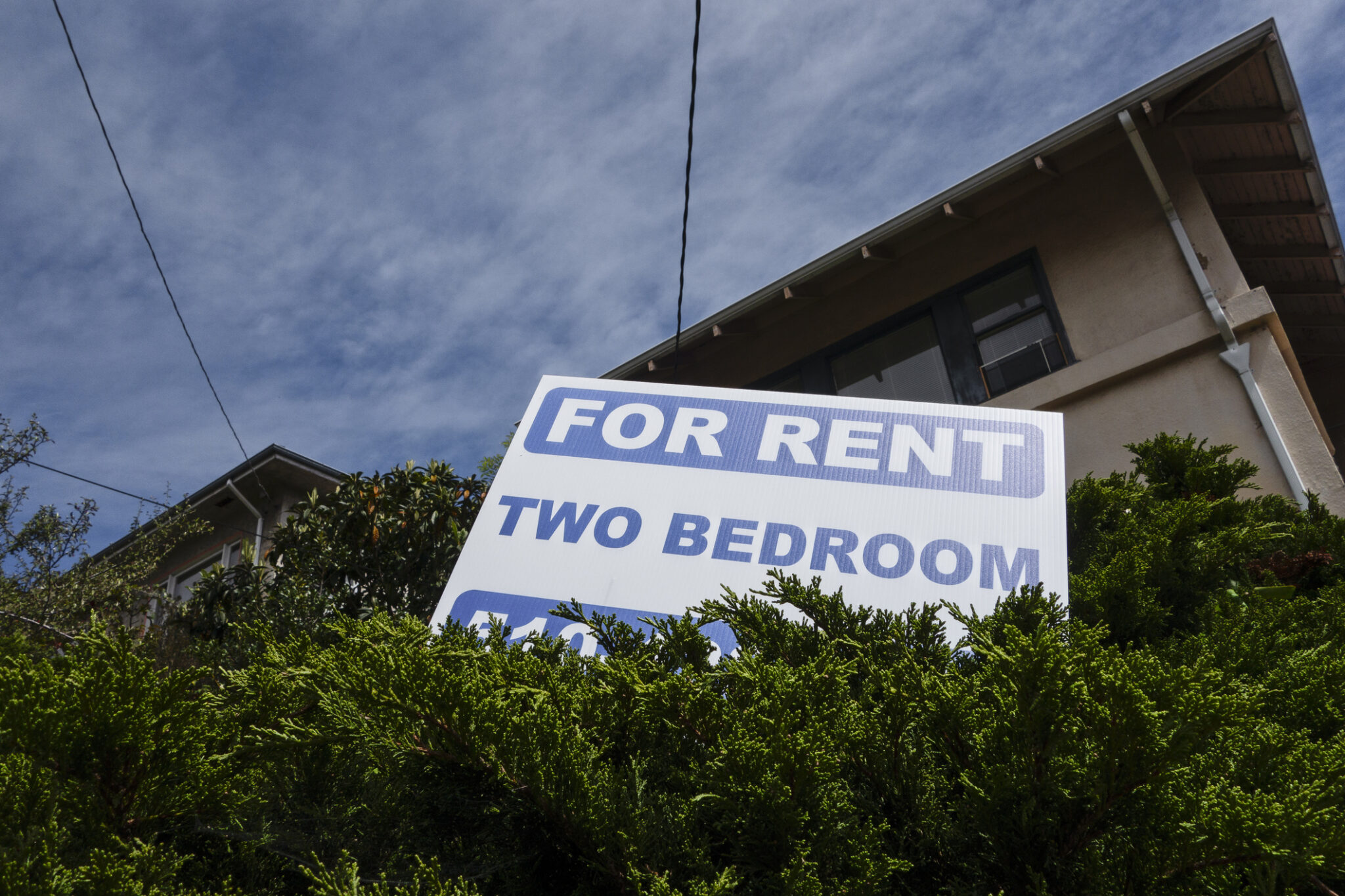After failed attempts this year, the debate over how to best shield tenants from unaffordable price hikes will likely return in the next legislative session.
By Laurel Demkovich, Washington State Standard, September 11, 2023
Steep rent hikes across Washington have spurred local governments into taking action to help keep tenants in their homes, despite landlord pushback against these types of policies.
In Bellingham, a November ballot initiative would offer new tenant protections when landlords hike rent by more than 8%.
The Seattle City Council has discussed legislation to prevent rent increases from outpacing inflation.
And in Kenmore, local laws intended to give tenants more time before they’re hit with sharp rises in rent and to protect renters from abusive practices, have drawn a lawsuit from the Washington Business Properties Association. The association says these local policies are blocked under state law.
People on both sides of the fight say statewide tenant protections could provide important clarity and uniformity for Washington residents and landlords – though they disagree on what those safeguards should look like.
“When you have this patchwork of different laws that apply, there’s confusion as to which laws apply where,” said William Shadbolt, managing director of the Washington Business Properties Association.
In recent years, proposals to rein in rent increases and provide other tenant protections have failed in the Legislature, but it’s all but certain proponents will try to revive them in next year’s session.
Failed efforts
The Legislature took up a number of bills last session to protect renters.
Many Democrats favor rent stabilization, which caps the amount landlords can raise rent. Republicans are strongly against that idea.
But even with Democrats holding full control of the Legislature, two rent stabilization bills didn’t make it to a full vote in either chamber during this year’s session.
A bill from Rep. Alex Ramel, D-Bellingham, would have limited annual rent increases to 3%, or the rate of inflation up to 7%, whichever is higher. Under the proposal, if a landlord didn’t raise rent one year, they could raise rent higher the following year. It also would have exempted housing built in the last 12 years from these rules, an effort to increase development.
Unexpected rent hikes are “an enormous problem,” Ramel said.
“People have been experiencing rent increases way outside of folks’ ability to pay,” he said.
Another bill from Rep. Nicole Macri, D-Seattle, would have prohibited landlords from charging excessive rent increases, defined as more than 3% or the rate of inflation in a year, whichever is higher. It would’ve also blocked move-in fees and deposits that exceed one month’s rent.
The proposals received support from renters and affordable housing groups who said stabilizing rents is an important way to help Washington out of its housing crisis.
“Rent stabilization is the only policy that can act with the speed needed to immediately provide relief to Washington’s renter households,” said Michele Thomas, director of policy and advocacy at the Washington Low Income Housing Alliance.
The alliance and others distinguish between rent control and rent stabilization and say the latter is what the bills from Macri and Ramel contain. Rent control, according to the alliance, commonly involves freezing rent indefinitely. In contrast, the group says rent stabilization is more geared toward providing predictable rent increases and prohibiting price gouging.
On the other side of the debate are landlords and business groups who say controlling the price of rent even with stabilization-style measures could worsen the housing crisis in Washington by disincentivizing new construction and other investments in residential property.
And Republicans opposed both bills when they came up for committee votes.
Rep. Andrew Barkis, R-Olympia, who owns a local residential property management firm, said the market, not state government, should dictate rent prices.
“This complicated piece of legislation will create additional burdensome requirements,” he said of the Ramel bill. “It goes too far.”
What’s next?
Although he recognizes it’s a major shift, Ramel said rent stabilization is a change that people across the state want.
He said those who had doubts about his bill last session are starting to warm to the ideas in it, and predicted a similar proposal could pass in 2024.
Still, some of the main opponents are unlikely to back down.
Shadbolt, with the business properties association, argued that controlling rent could drive out small landlords who can’t afford rising costs for maintenance and other expenses with the limits in place.
“If we want to have lower rent, we need to have more rental properties,” he said.
Shadbolt said there are other tenant protections landlords may support.
For example, he said the state should try to create a program that offers vouchers to help tenants bridge gaps between their income and their rent. It could help people cover their rent if they lose their job and need help one month, Shadbolt said. It wouldn’t, however, subsidize their entire rent.
A similar proposal died without a committee vote in the Legislature this year.
Although landlords may not support rent stabilization, Shadbolt called for some type of consistent, statewide approach to renter protections, as opposed to a mishmash of local laws that, he said, can lead to confusion among landlords and tenants.
Ramel agreed that a statewide approach would be best, noting that some local governments may never pass any protections.
But until a statewide proposal clears the Legislature, Ramel expects local governments will continue to respond.
“If we are not able to get that done, and until we’re able to get that done, we’re going to keep seeing local governments trying to figure out how they can help their citizens,” he said.
FEATURED IMAGE: (Getty Images)
Washington State Standard is part of States Newsroom, a nonprofit news network supported by grants and a coalition of donors as a 501c(3) public charity. Washington State Standard maintains editorial independence. Contact Editor Bill Lucia for questions: info@washingtonstatestandard.com. Follow Washington State Standard on Facebook and Twitter.



